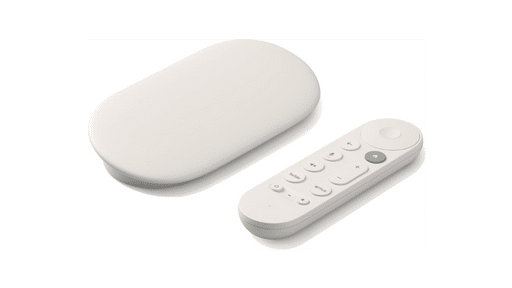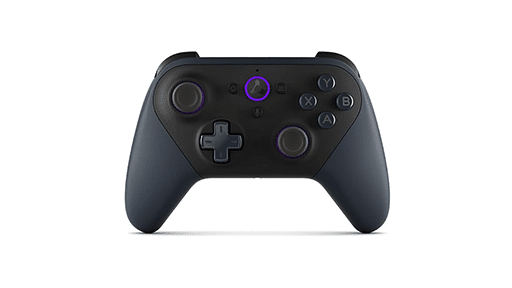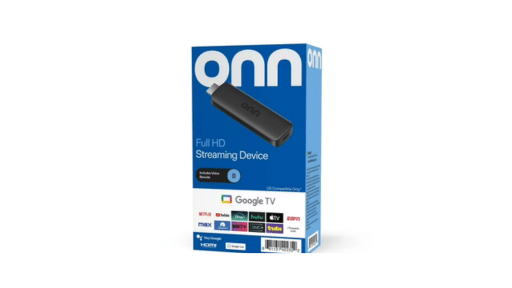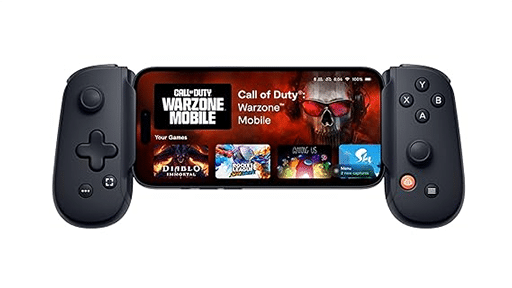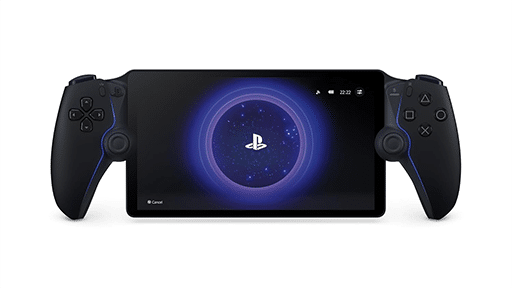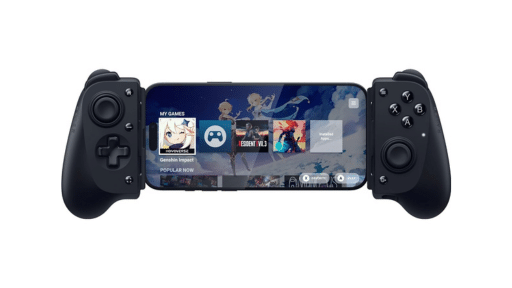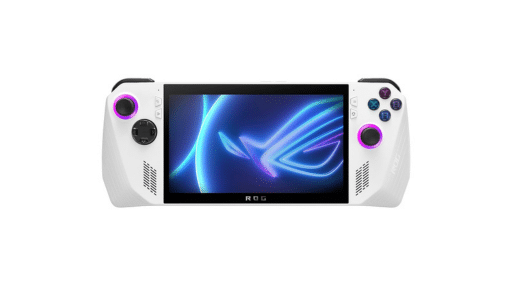
Here’s a breakdown of the biggest changes coming to Mario Kart World on Nintendo Switch 2.
Racing Without Boundaries
Mario Kart World changes how races work by connecting everything in one seamless world. You can drive between courses, explore in Free Roam, or join Knockout Tour races that span multiple areas. The familiar three-lap structure is still there, but it’s no longer the only way to play.
Rail Ride and Wall Ride bring new tricks into the mix. Inspired by skateboarding and BMX, these let you chain moves across rails, walls, and guardrails without breaking pace. “We thought it would be fun to be able to drive in completely different ways just based on the player’s imagination,” said lead planner Shintaro Jikumaru.

To keep things moving, the team added food-based transformations. Stop at a Yoshi’s drive-thru, eat something regional, and your character might change outfits or even become a different character. What started as separate ideas, with food items and outfit changes handled individually, was eventually merged into one seamless feature. Now, eating and racing happen at the same time.
Races now include up to 24 competitors. Obstacle characters like Cow, Pokey, and Cheep Cheep join the lineup as fully playable NPC racers. A new item involving Kamek can transform racers into NPCs mid-race, creating unpredictable matchups and sudden chaos on the road. I never expected to see Cow as a playable character, but now I kind of can’t imagine a race without her.
All these changes aim to make each race feel more unpredictable, more open-ended, and more personal than before.

A World That Feels Connected
The courses in Mario Kart World aren’t just linked by menus. They’re physically connected by roads that change based on region, time of day, and weather. You might race through a snowy mountain, pass through desert cliffs, or cruise toward a city skyline without ever seeing a loading screen. The name Mario Kart World appeared on concept art from the start, reflecting the team’s early vision of a connected, explorable map.
This interconnected map was shaped around climate zones. For example, desert tracks like Shy Guy Bazaar appear in dry western areas, while colder regions sit in the northeast. “We wanted players to experience being in the next area before they knew it,” said art director Masaaki Ishikawa.
To keep the world feeling natural, the team focused on transition points and visual context. Landmarks like mushroom-shaped mountains help guide you without needing arrows. Roads inspired by real places, like Route 66 and Monument Valley, create smoother transitions between biomes and give you subtle clues on where to go next.

Visuals and terrain were tuned for this larger map. The team added features like shoals with visible seafloors, suspension physics that react to bumps in the road, and waves that crest and crash when vehicles pass through. Even small touches, like whitecaps for better timing on water jumps, came from close back-and-forth between artists and programmers.
Development originally began on Nintendo Switch, but the team shifted to Nintendo Switch 2 in 2020 to match their technical goals. Releasing the Booster Course Pass for Mario Kart 8 Deluxe gave the team more time to focus on development without rushing the next game.
The world also moves in real time. A full day passes in 24 minutes, but timing changes to emphasize key scenes, like night desert drives or rainstorms near Bowser’s Castle. Combined with dynamic weather, live music transitions, and ambient effects, the world feels active no matter when or where you race.

Built for Everyone
The team behind Mario Kart World put extra care into keeping the game approachable, especially with its expanded world and new features. Landmarks and “banked parts” in the terrain help guide your eyes and steer you in the right direction, even without obvious arrows. “We needed a style of signpost that suited the game,” said planner Shintaro Jikumaru.
To fine-tune the experience, developers had less experienced teammates test missions and races. These testers helped shape Free Roam’s P Switch Missions, which challenge you to drive through gates, collect coins, or explore off-route areas. According to the team, these missions help players discover alternate paths and naturally improve their skills over time.
Menu design was also simplified. You can start a local race quickly by selecting the number of players right from the main screen. The developers made sure the larger world and expanded features didn’t make the game harder to start. “We didn’t want it to become so complicated that it takes ages just to start a game.”
The game also supports GameChat on Nintendo Switch 2. With a compatible camera, up to four people can video chat while racing, and up to 12 can join a voice chat session. You can even see a friend’s expression in real time when they get hit with a shell.
For younger gamers or holiday get-togethers, Nintendo has also introduced a Joy-Con 2 wheel accessory. It uses magnets for easier attachment. And, it is designed to make steering more intuitive for anyone who isn’t used to a control stick.

It All Starts on Mario Kart World’s Launch Day
Mario Kart World launches on June 5 alongside Nintendo Switch 2. According to the developers, it marks “the dawn of a new generation” for the series. With a seamless open world, new racing modes, and 24-player support, the game takes some of the biggest steps the series has ever seen.
You can explore the map freely in Free Roam, discover P Switch Missions, or race across regions in Knockout Tour. New tricks like Rail Ride and Wall Ride open up more creative movement. Eat at Yoshi’s drive-thru to transform your character on the go, and face off against NPC racers like Cow in unpredictable matchups.
There’s also Photo Mode, an improved replay system, and over 200 rearranged tracks from Mario Kart and Super Mario history. Time and weather affect not just how the world looks, but how it sounds and feels while you drive.
Whether you’re diving into Free Roam or battling 23 others online, the developers say their goal was simple: make every session feel different, surprising, and worth coming back to. “No matter how many times you play,” said programmer Kenta Sato, “it never feels like you’ve experienced everything the game has to offer.”
I’ve played Mario Kart for decades. And, this might be the first time I’m just as excited to explore as I am to race. What do you think about the changes coming to Mario Kart World on Nintendo Switch 2? Share your thoughts below.
As always, remember to follow us on our social media platforms (e.g., Threads, X (Twitter), Bluesky, YouTube, and Facebook) to stay up-to-date with the latest news. This website contains affiliate links. We may receive a commission when you click on these links and make a purchase, at no extra cost to you. We are an independent site, and the opinions expressed here are our own.

